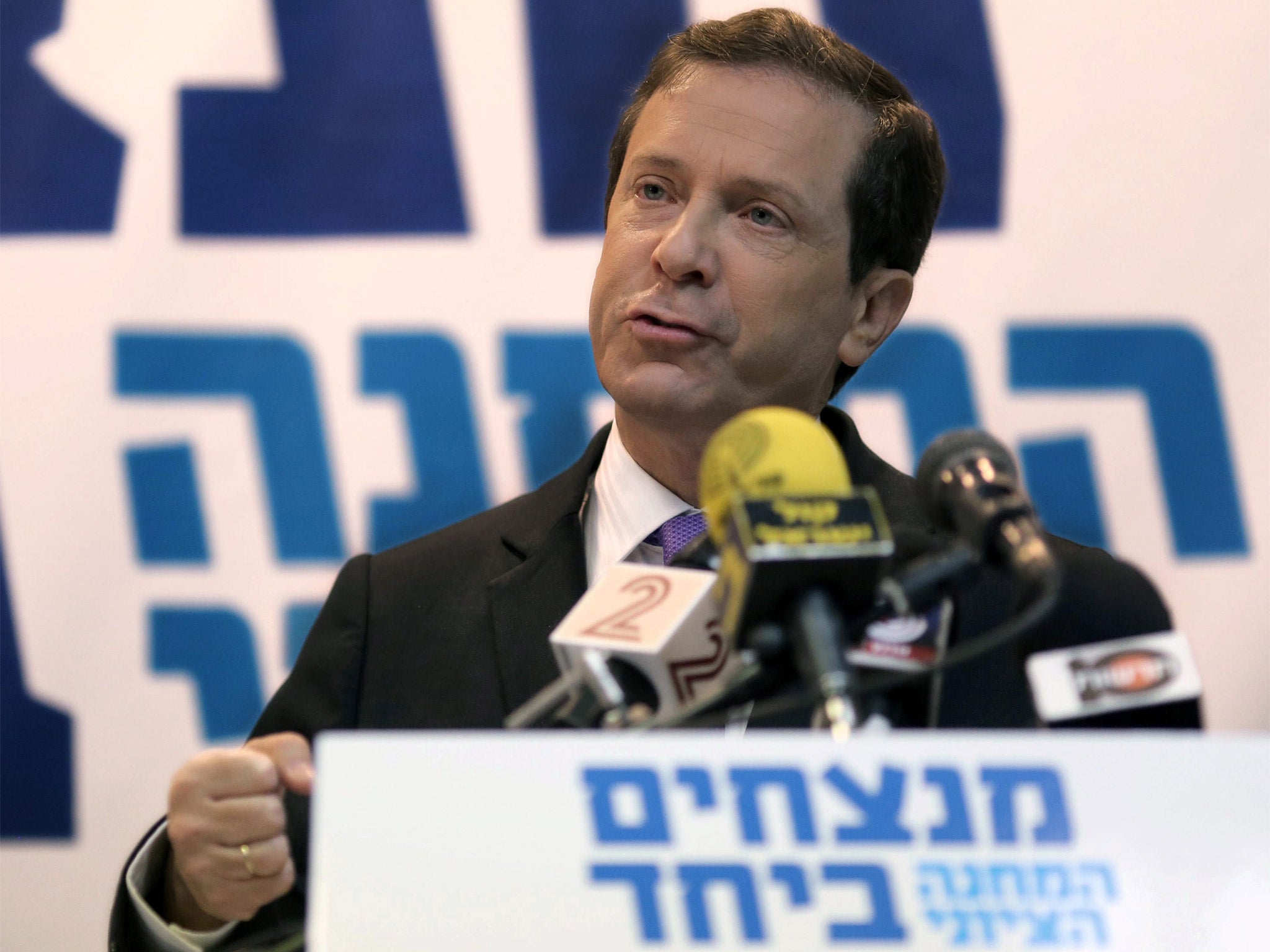Israel's Labour party seeks tough-talking general to prove its security credentials ahead of elections
The main candidates are said to be former Defence Minister and Chief of Staff, Shaul Mofaz, and Amos Yadlin, a former army intelligence chief

Your support helps us to tell the story
From reproductive rights to climate change to Big Tech, The Independent is on the ground when the story is developing. Whether it's investigating the financials of Elon Musk's pro-Trump PAC or producing our latest documentary, 'The A Word', which shines a light on the American women fighting for reproductive rights, we know how important it is to parse out the facts from the messaging.
At such a critical moment in US history, we need reporters on the ground. Your donation allows us to keep sending journalists to speak to both sides of the story.
The Independent is trusted by Americans across the entire political spectrum. And unlike many other quality news outlets, we choose not to lock Americans out of our reporting and analysis with paywalls. We believe quality journalism should be available to everyone, paid for by those who can afford it.
Your support makes all the difference.Isaac Herzog, who according to polls has a chance to unseat the Israeli Prime Minister Benjamin Netanyahu in March’s election, has a job opening for a tough-talking general after his party’s primary produced a list of cabinet candidates that is strong on economic issues but perhaps less than robust on security.
A Labour party source said that Mr Herzog is negotiating with several individuals with strong security credentials to round out the list, which features in its second slot the former Foreign Minister, Tzipi Livni. The main candidates are said to be the former Defence Minister and Chief of Staff, Shaul Mofaz, who oversaw Israel’s battle against the second intifada, and Amos Yadlin, the former army intelligence chief.
The combined Herzog-Livni list is in the lead against Mr Netanyahu’s Likud party by 23-22 seats according to a poll last week in Haaretz. The far-right Jewish Home party, a natural ally of Likud, scored 16 seats but the outcome of the coalition bargaining that will determine whether Mr Herzog or Mr Netanyahu heads the government could be decided by various smaller parties that have not yet made clear their preferences.
The Labour Party candidates hope to stress economic issues such as the high cost of living and of buying a flat, while counting on Ms Livni to project experience in foreign affairs and dealing with the Palestinian issue that Mr Herzog lacks. Two of the top five candidates on the joint list, Stav Shaffir and Itzik Shmuli, were leaders of the mass protests three years ago for greater social justice and against the high cost of living. Three of the top five on the joint list are women.
“It’s a strong list. Unlike previous elections, socioeconomic issues are much stronger on the agenda,” says Uri Dromi, former spokesman for the assassinated Prime Minister Yitzhak Rabin and a Labour party member. “The talk of the day is how expensive life is and housing is.”
But the history of Israeli politics since 1992, when Mr Rabin ousted Likud, has shown that Labour only wins when it is headed by a former general who can assuage the public’s security concerns. The big question of this election is whether voters’ priorities have changed, and the sense of economic distress is so acute that it will cost Mr Netanyahu his job.
Likud attacked the election list as “blatantly left-wing” and said it is the only party to be able to handle the security threats Israel faces. In addition to competing with Likud, Labour’s other main rival is Moshe Kahlon, a former Likud minister and head of the Koolanu party, which is also stressing socio-economic issues. Mr Kahlon painted a bleak picture if the status quo continues. Under Mr Netanyahu’s government, he said, everything “went up and up, the gaps widened, the cost of housing climbed”, he said.
Join our commenting forum
Join thought-provoking conversations, follow other Independent readers and see their replies
Comments